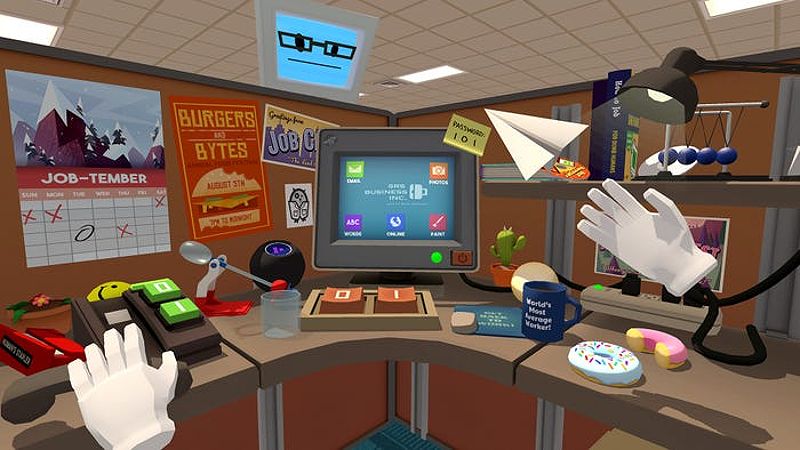The Current State and Controversy Surrounding Generative AI in Game Development

Explore the current stance of Owlchemy Labs on generative AI in game development, including the controversy surrounding its use, the potential benefits, and the challenges it presents.
The Current Stance of Owlchemy Labs on Generative AI in Game Development
Owlchemy Labs, led by CEO Andrew Eiche, has provided insights into their current position on generative AI in game development. While Eiche expresses enthusiasm for AI in the industry, he reveals that Owlchemy Labs is not currently utilizing generative AI due to the lack of suitable tools. This article will delve into Eiche’s perspective on the controversial nature of generative AI, its potential benefits, and the challenges it presents in game development.

( Credit to: Gamedeveloper )
Controversies Surrounding Generative AI
Eiche acknowledges the backlash faced by developers who openly admit to using generative AI tools. Concerns arise from the use of internet-scraped datasets to mimic creative work, raising questions about originality and plagiarism. There are also concerns about the environmental impact of AI data centers and their compatibility with the fight against climate change. Additionally, critics argue that the quality of content generated by AI tools falls short, resulting in subpar visuals and audio.
Current Limitations of Generative AI
While nearly half of game developers surveyed by the Game Developers Conference admitted to using generative AI, Eiche emphasizes that the technology is still in its early stages and not ready for widespread implementation. He highlights the lack of control over randomness in AI-generated content, leading to graphical flaws that are difficult to address. Without the ability to tweak and refine AI-generated assets, developers may be limited to relying on randomized results, hindering their creative process.
The Potential Benefits of Generative AI
Despite the current limitations, Eiche, along with other developers, sees the potential benefits of generative AI in game development. He compares the automation brought by AI to the advancements in factories during the 20th century. By automating repetitive and non-creative tasks, developers can focus on aspects that require human ingenuity, ultimately enhancing the overall production process. Eiche believes that embracing automation is inevitable in a capitalist system driven by cost-saving measures.
The Role of Human Authorship
Eiche emphasizes the importance of human authorship in game development, particularly in areas where subtlety and creativity are essential. He cites examples of games that incorporate elements of surprise and interaction with players, which he believes cannot be replicated by AI. The ability to design levels, missions, and puzzles that engage players on a deeper level is a unique skill possessed by human developers.
Addressing Concerns and Ethical Considerations
As the CEO of Owlchemy Labs, Eiche understands the concerns surrounding generative AI and strives to address them within his company. He emphasizes the importance of ethical and legal due diligence, ensuring that AI tools are used responsibly. Eiche also encourages open dialogue and collaboration with artists and developers, highlighting the value of their expertise and creativity in the game development process.
Conclusion: Embracing the Potential of Generative AI
While generative AI in game development remains a controversial topic, Andrew Eiche remains optimistic about its potential benefits. He acknowledges the challenges and limitations but believes that embracing automation can lead to more efficient production processes. Eiche stresses the importance of human authorship and the unique skills that developers bring to the table. As the industry continues to evolve, it is crucial for developers and executives to have open discussions about the capabilities and limitations of generative AI, fostering a more informed and collaborative approach to its implementation.
